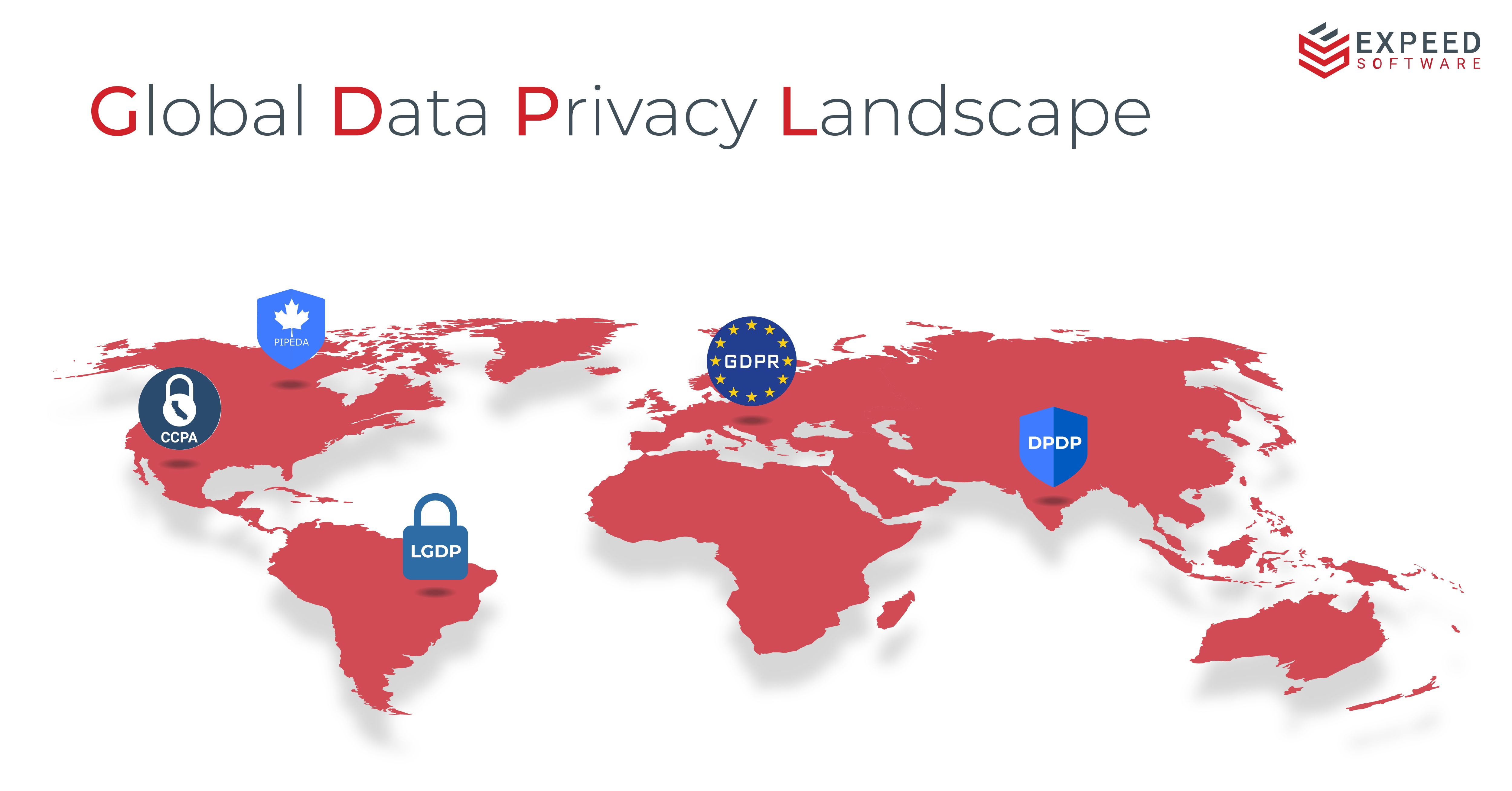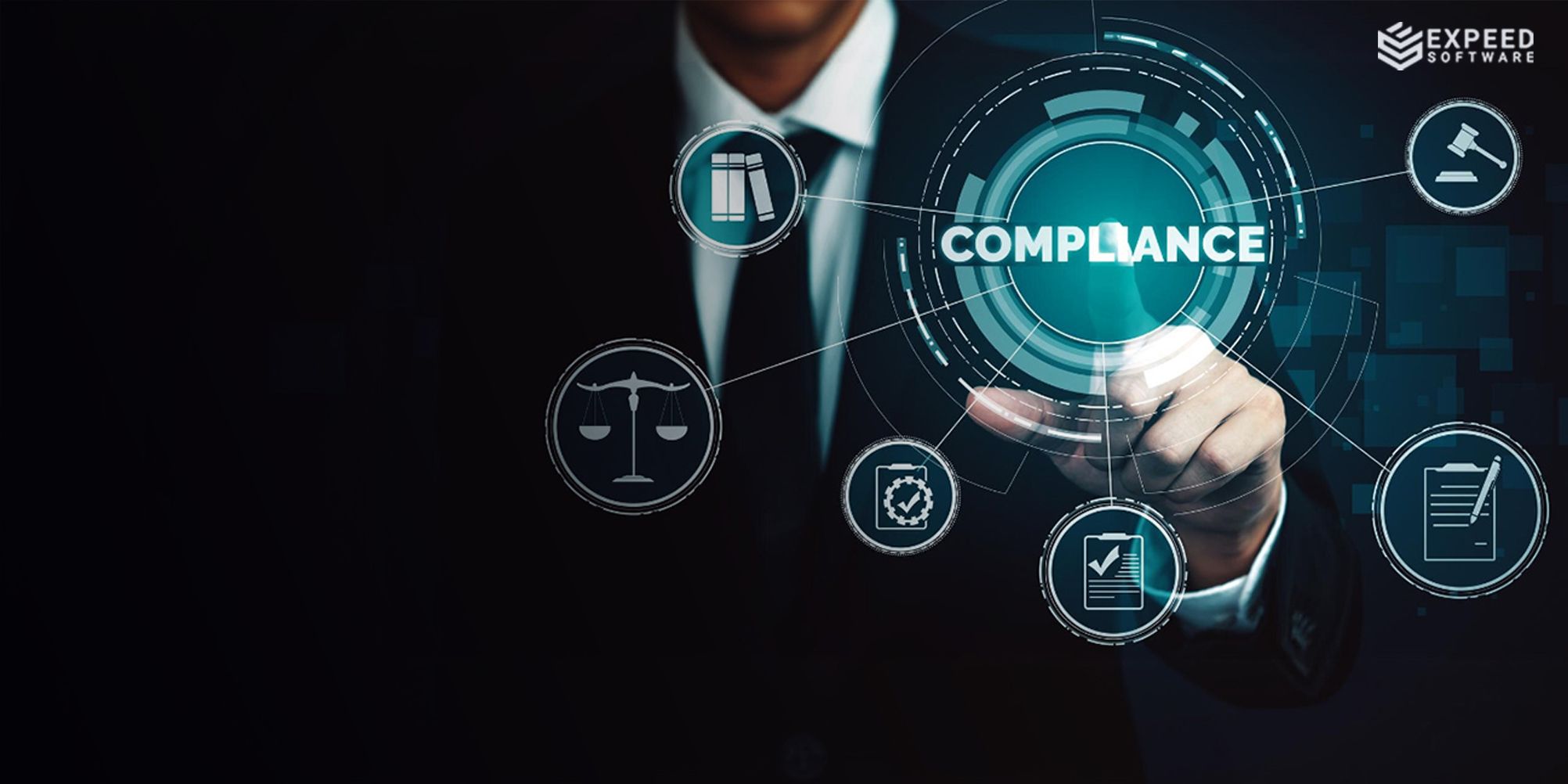We’ve heard it a hundred times - ‘data is the new oil’. But what’s really changing is how that data is governed. As countries draw digital borders, privacy laws are becoming the new trade rules. And now, India, the second-largest internet market, has stepped in with its Digital Personal Data Protection (DPDP) Act, 2023.
On paper, it may look like just another local data privacy law. But here’s the kicker: DPDP act could be laying the groundwork for a privacy model that’s globally relevant, especially for emerging digital economies.
Let’s break down what makes it worth watching.
IN India’s DPDP Act: Big Ambitions, Real Teeth
Passed in 2023, the DPDP Act (Digital Personal Data Protection) isn’t trying to reinvent the wheel. Instead, it takes inspiration from the likes of GDPR regulations, but re-engineers it for India’s scale, diversity, and tech ecosystem.
Some stand-out elements:
- **Consent at the core** – The DPDP Act mandates that users (called “Data Principals”) must be explicitly informed about what data is being collected, why, and for how long. This is a significant data security management upgrade, ensuring transparency.
- **Cross-border jurisdiction** – If your platform handles Indian user data, even from outside India, the DPDP Act applies. The DPDP switch sends a clear message: Indian data = Indian jurisdiction.
- **Dual accountability** – The law defines roles for both Data Fiduciaries and Data Processors, placing strict responsibilities on how data is used and managed.
- **Purpose limitation and minimization** – Businesses can no longer collect unnecessary data “just in case.” The DPDP Act ensures data is collected only for specific, declared purposes, improving overall data security management practices.
- **Hefty penalties** – Non-compliance could cost up to ₹250 crore (~$30M USD) per violation. Even companies outside India handling Indian data are accountable under the DPDP Act.
While the Data Protection Board (the enforcement authority) is still being operationalized, the direction is crystal clear — the DPDP switch is not optional for platforms with Indian users.
**Why it matters:**
India isn’t just making a law for itself. With its massive digital economy, cross-border tech partnerships, and influence in shaping global south policies, DPDP act might become a benchmark for how fast-growing markets regulate data. If you're a SaaS company in Singapore serving Indian users, DPDP applies — and your onboarding flow needs to reflect that.
Let’s Talk Global Benchmarks

To understand where DPDP act stands, let’s zoom out.
EU GDPR: The Gold Standard… Still
The General Data Protection Regulation (GDPR) remains the most influential privacy law worldwide. Introduced in 2018, it cemented the importance of GDPR compliance, user consent, and transparency in how data is processed. Any global company serving EU citizens must comply — regardless of where it’s based.
The GDPR ’s strength lies in its focus on individuals’ rights, ensuring that every user can ask: “What data do you have on me, why do you have it, and can I get rid of it if I want?” In a time when users are increasingly wary of how companies use their data, GDPR is the law of the land across Europe and has also influenced privacy laws globally.
GDPR certifications has inspired legislation in countries across the globe, from Brazil’s LGPD to California’s CCPA. Even India’s DPDP Act has been strongly influenced by it.
**Challenges for businesses:**
While the GDPR compliance is a robust framework, it’s also complex. Companies often struggle with documentation and maintaining an accurate record of how they handle user data. Additionally, the law’s heavy fines (up to 4% of global turnover) are a significant deterrent, particularly for small to medium-sized businesses that might not have a dedicated compliance team.
US CCPA & CPRA: California Leads the U.S.
In the U.S., privacy regulations are far from uniform. However, California’s CCPA and CPRA are setting the pace. CCPA grants California residents the right to know what personal data is being collected, the right to request its deletion, and the ability to opt out of data sales. The CPRA, a strengthened version of CCPA, brought more user control and sensitive data protections to the table.
Other states, like Colorado, Virginia, and Connecticut, have since followed suit, making similar data protection laws a reality across the U.S. However, in contrast to the DPDP Act and GDPR regulations, the U.S. lacks a federal framework, making it harder to align universally.
**Challenges for businesses:**
U.S. companies have to stay on top of multiple, and sometimes conflicting, state laws. For instance, what’s legal in California might not be acceptable in Virginia or Colorado. The patchwork of regulations complicates compliance, especially for companies that don’t have the legal resources to track multiple privacy rules.
CA PIPEDA: Polite but Powerful
Canada’s PIPEDA (Personal Information Protection and Electronic Documents Act) takes a more straightforward approach to privacy. It governs how private-sector companies collect, use, and disclose personal information, requiring businesses to be clear about their practices and allow individuals to access and correct their personal data.
PIPEDA also emphasizes explicit consent before collecting sensitive data and mandates that companies protect that data with reasonable security safeguards. While Canada doesn’t have as strict penalties as GDPR compliance or DPDP act, the law is still evolving, with discussions around updating PIPEDA to better align with GDPR-like standards.
**Challenges for businesses:**
PIPEDA compliance requires businesses to invest in data security management and ensure all individuals know their rights. The law’s imminent updates may bring more stringent requirements, so companies need to keep a close eye on evolving standards.
BR LGPD: Brazil’s GDPR-Inspired Move
Brazil’s Lei Geral de Proteção de Dados (LGPD) is another significant privacy law inspired by GDPR compliance. It applies to any company handling Brazilian data, whether the business is in Brazil or not. Like the DPDP act, it emphasizes transparency, user consent, and the legal basis for data processing, while also requiring organizations to appoint a Data Protection Officer (DPO).
The LGPD is still gaining traction in Brazil, but it’s important to watch for its increasing enforcement and potential global influence in other parts of Latin America and beyond.
**Challenges for businesses:**
As Brazil continues to push for enforcement, companies dealing with Brazilian data may face penalties for non-compliance. Also, keeping up with the evolving case law around LGPD can be tricky, especially as new rulings clarify certain ambiguities.
| **Law** | **Region** | **Region** | **Key Features** | **Penalties** | **Applies to Foreign Entities** |
|---|----|-----|------|-------|--------|
| **GDPR** | EU | 2018 | Consent, Data Rights, DPO, Right to Erasure | [Up to 4% turnover](https://gdpr-info.eu/issues/fines-penalties/) | ✅ |
| **DPDP** | India | 2023 | Consent, Data Fiduciary, Minimization | [₹250 crore (~$30M)](https://www.data-sentinel.com/resources/india-digital-personal-data-protection-act) | ✅ |
| **CCPA/CPRA** | California, USA | 2020/2023 | Opt-out of Sale, Delete Data, Sensitive Data | [Up to $7,500 per violation](https://cppa.ca.gov/announcements/2024/20241217.html) | ❌ |
| **PIPEDA** | Canada | 2000 | Access & Correction, Reasonable Safeguards | [Moderate](https://laws-lois.justice.gc.ca/eng/acts/p-8.6/FullText.html) | ✅ |
| **LGPD** | Brazil | 2020 | Consent, Transparency, DPO | [Fines up to 2% of revenue](https://lgpd-brazil.info/chapter_08/article_52) | ✅ |
So, Where Does That Leave the DPDP Act?
**Right in the middle of the action.**
It may not be as mature as GDPR certifications or as fragmented as the U.S. model, but DPDP act strikes a unique balance, simple enough to implement, yet comprehensive enough to protect user rights.
Here’s why DPDP could become the future framework for emerging digital economies:
- **Flexibility** — It offers a clear, manageable framework without the exhaustive documentation of GDPR compliance.
- **Global Reach** — Just like GDPR, it asserts jurisdiction over data of Indian citizens, making it globally relevant.
- **Data Minimization** — The DPDP act doesn’t just protect user rights but ensures companies collect only what’s needed, reducing potential liabilities.
- **Focus on Education and Enforcement** — Unlike some laws, which are hard to enforce due to complexity, DPDP act emphasizes user awareness and fines that match the gravity of breaches.
For markets in Asia, Africa, and Latin America, DPDP could become a global standard, as it provides clear guidelines while remaining adaptable to their diverse needs.
Final Thoughts
Data security management is no longer a checklist item; it’s a strategic differentiator. Whether you're building apps, processing payments, or running analytics, compliance is now part of your product design.
And while every region has its own flavor of regulation, India’s DPDP Act is positioning itself not just as a national law, but possibly as a globally referenced framework, especially for digital-first economies trying to balance growth with rights.
If your platform has a global user base, this isn’t about choosing one law to follow. It’s about understanding the landscape and building trust into the very fabric of your product, no matter where your users are.




